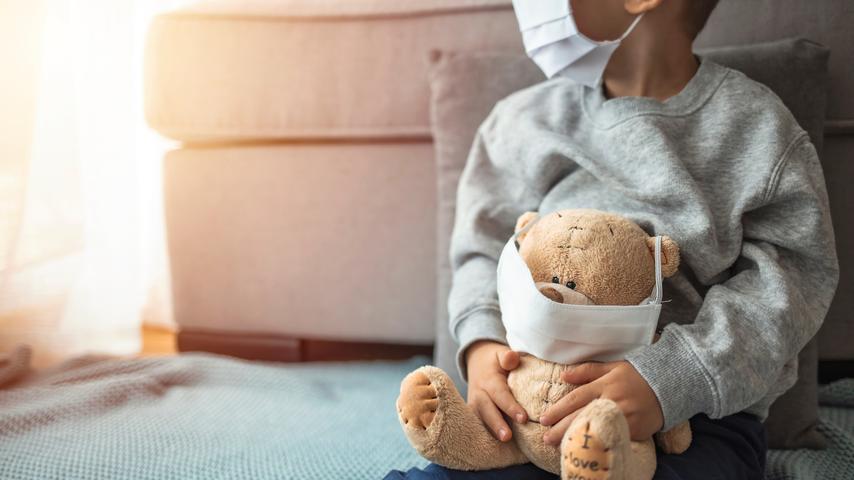Need Help
For enquiries please call
WhatsApp

L.B. Nagar,
Hyderabad
Lakdi-Ka-Pul,
Hyderabad
Parel,
Mumbai
Kengeri,
Bengaluru
Perumbakkam – Sholinganallur,
Chennai
L.B. Nagar,
Hyderabad
Lakdi-Ka-Pul,
Hyderabad
Parel,
Mumbai
Kengeri,
Bengaluru
Perumbakkam – Sholinganallur,
Chennai
None of us ever imagined that a virus would hit the world so hard even after such advanced technologies and so much progress made in the medical field. The dark ages are gone, but here we are, fighting with a pandemic that has no well-tested cure as yet. The uncertainty and lack of research-backed information about the disease have made things worse. If you find yourself panicking and being anxious now, it is normal.
Children often catch a cold very easily, thanks to their mischievous and notorious activities. The symptoms of COVID-19 are so similar to the common cold and flu that most of the time it’s hard to set the two apart, especially in the initial stages, and this can cause stress in parents. Due to so much exposure to the media, even kids are getting extremely scared and stressed over their health.
Though there are studies that suggest children are at lower risk as compared to older adults, it is only wise to protect the little ones from any potential threat. At times like these, you not only need to take care of your child’s physical health but also their psychological health. Here’s everything you need to know about the threats COVID-19 poses to your children and what you can do about it.
Children And COVID-19
Children and adults, both show similar symptoms of COVID-19 like fever, cough, body aches, etc. Some cases have also reported vomiting and Diarrhea in kids. The threat of COVID-19 in kids is not known yet. However, studies from China suggest that the mortality rates in children are low, but that doesn’t mean they are completely out of danger.
Precautions
Listed below are the precautionary measures proposed by the authorities that everybody must practice.
Helping Children Deal with COVID Anxiety
Be A Role Model: Children follow the footsteps of the adults around them. Your reactions and the way you deal with these situations will determine the way your kids deal with them. Be aware of how you talk about this pandemic. The way you discuss or react to COVID-19 can increase or decrease your child’s fear.
Talk And Discuss: With so much exposure to the media, your children might have a lot of questions about the current situations. Let them know that they can come to you with any questions or doubts. Listen to them, it’s really important. Try to resort to their fears and explain to them the complications and solutions available.
Reassurance: Remind your little ones that your family is healthy, and that you are there to keep them safe. Listen to their thoughts and fears and provide reassurance.
Explain Social Distancing: Children probably don’t fully understand why parents/guardians aren’t allowing them to be with friends, or why the schools are shut long before the vacation period. Tell your child that your family is following the guidelines given by the authorities and the importance of it. If your child is old enough to understand statistics and scientific terms, talk to them in more detail.
Focus On The Positive Side: Celebrate more family time. Play fun games together and watch television shows and movies together. Do other things like cooking and household chores. Teach your children new hobbies. Tell them stories about their childhood, and your childhood, make new memories and lighten the mood around you.
Dr Bhaskar,
Consultant Pediatrician, BGS Gleneagles Global Hospital
Disclaimer: The views and opinions expressed in this article belong solely to the author. They do not reflect the opinions or views of the organization.

Indian Standard for Hospital Accreditation

Indian Standard for Blood Bank Accreditation
For enquiries please call